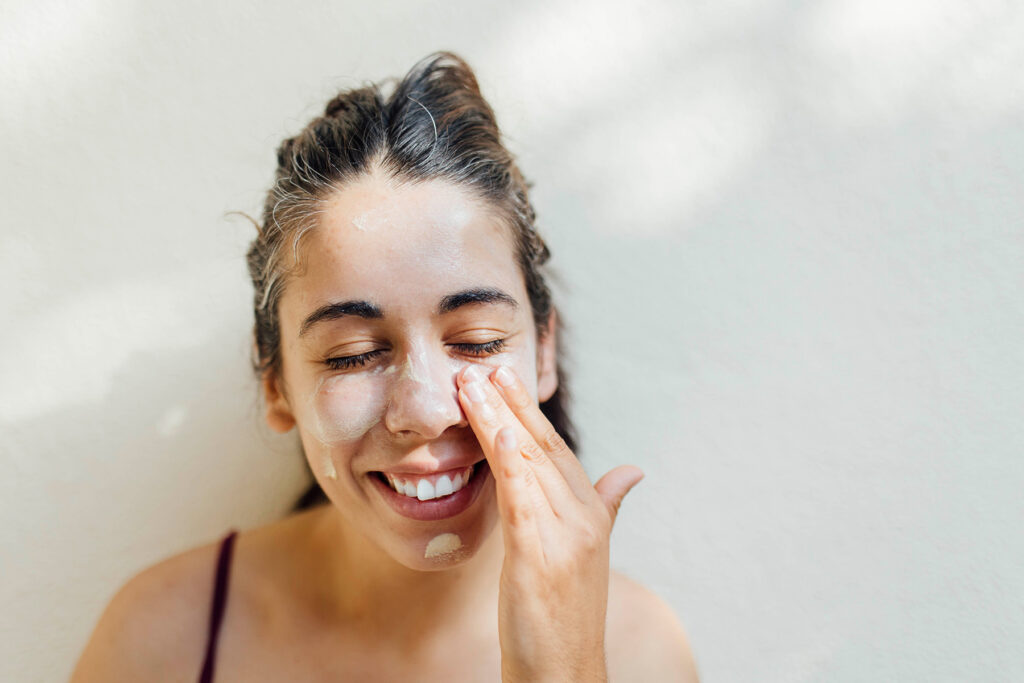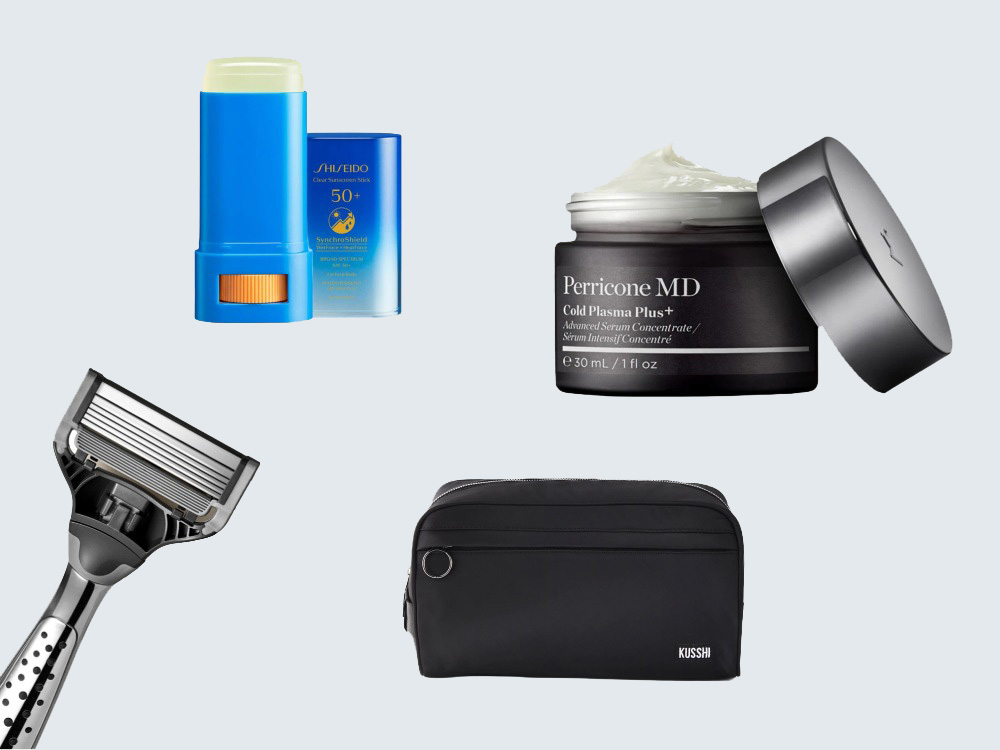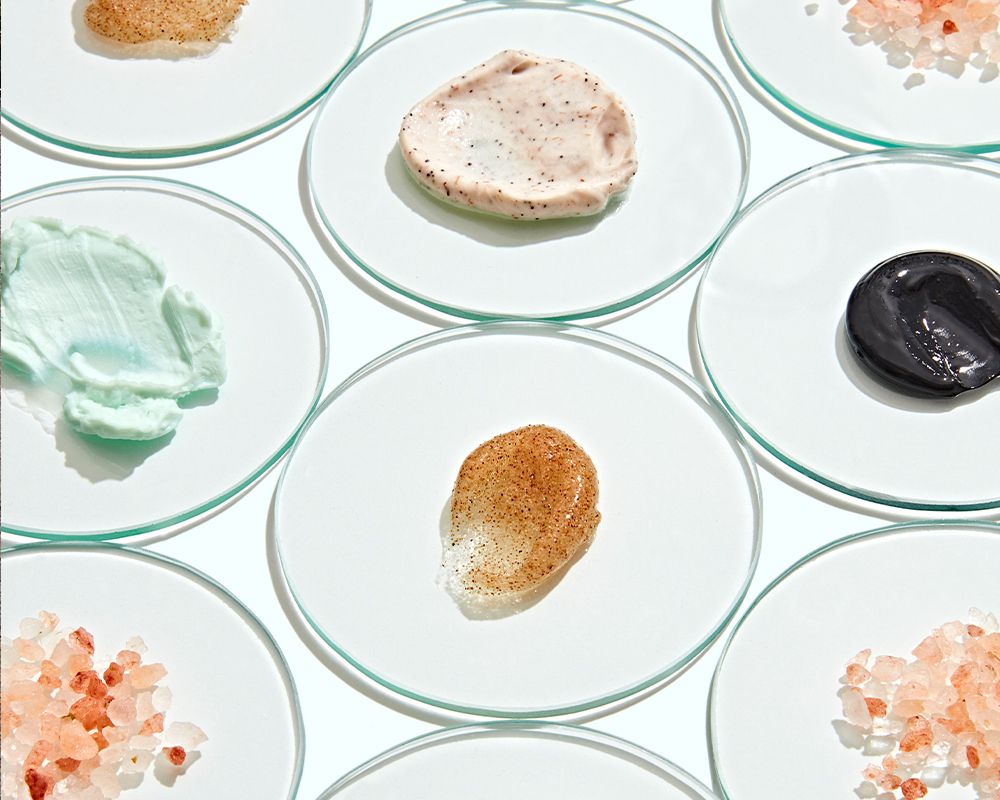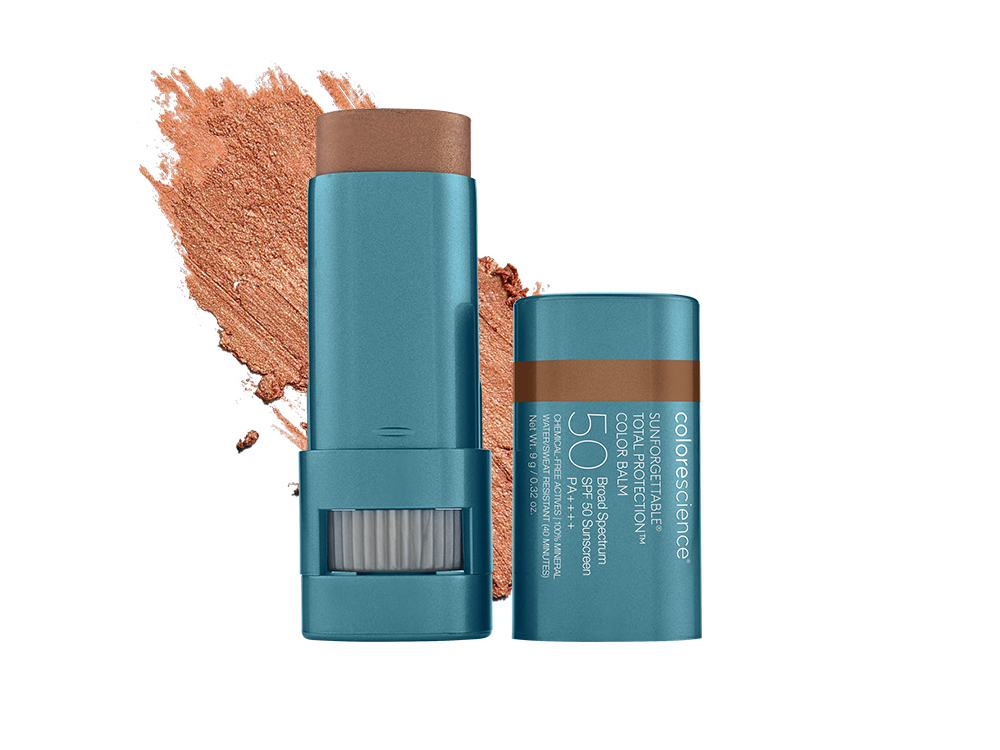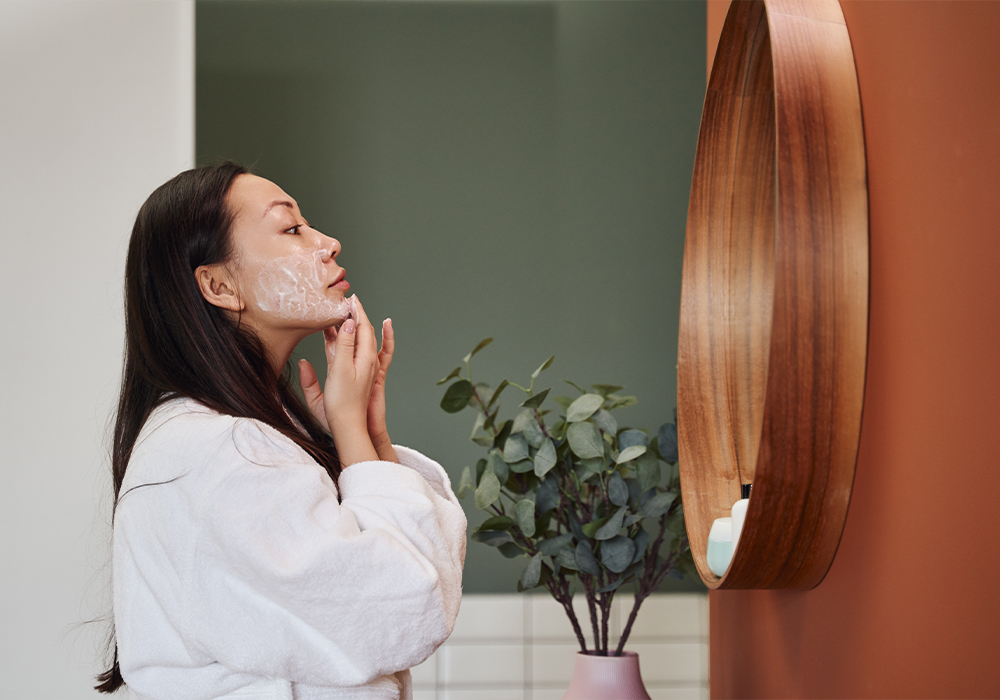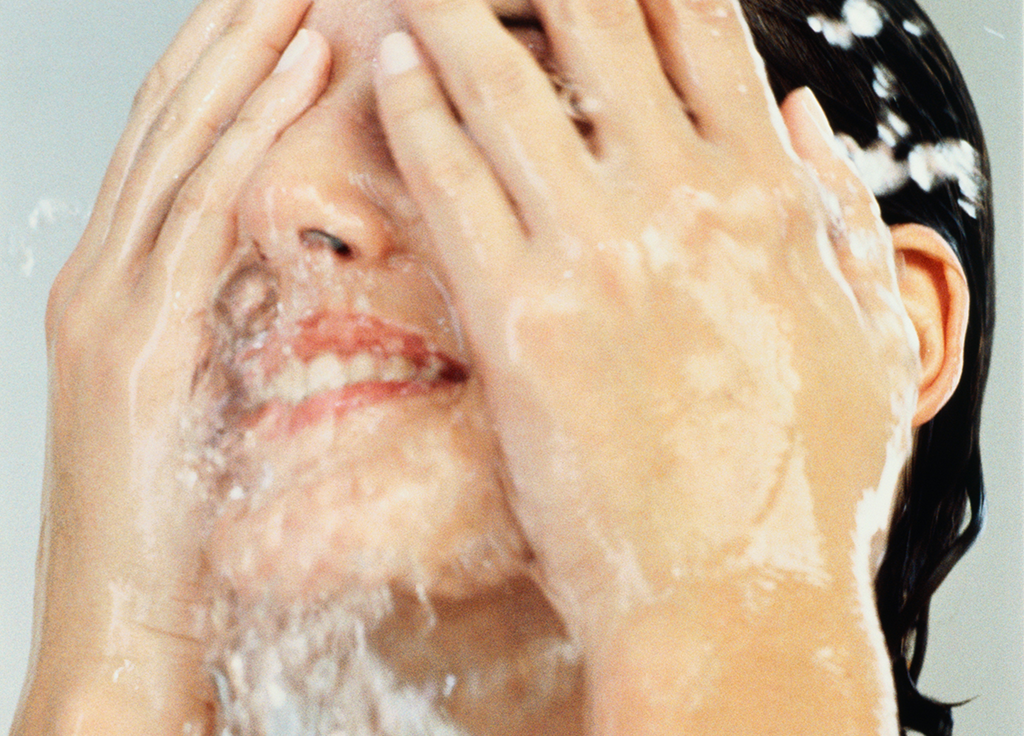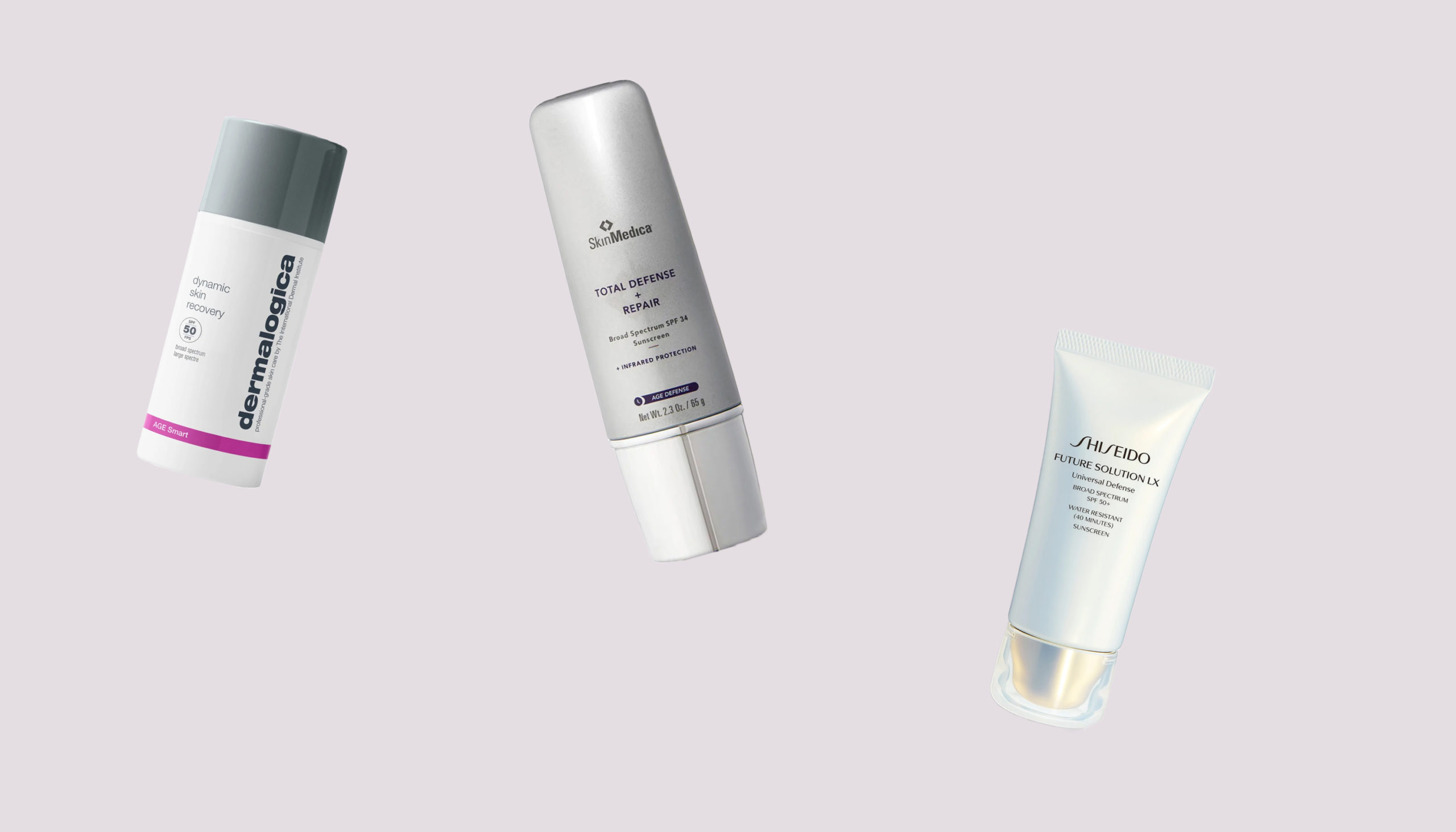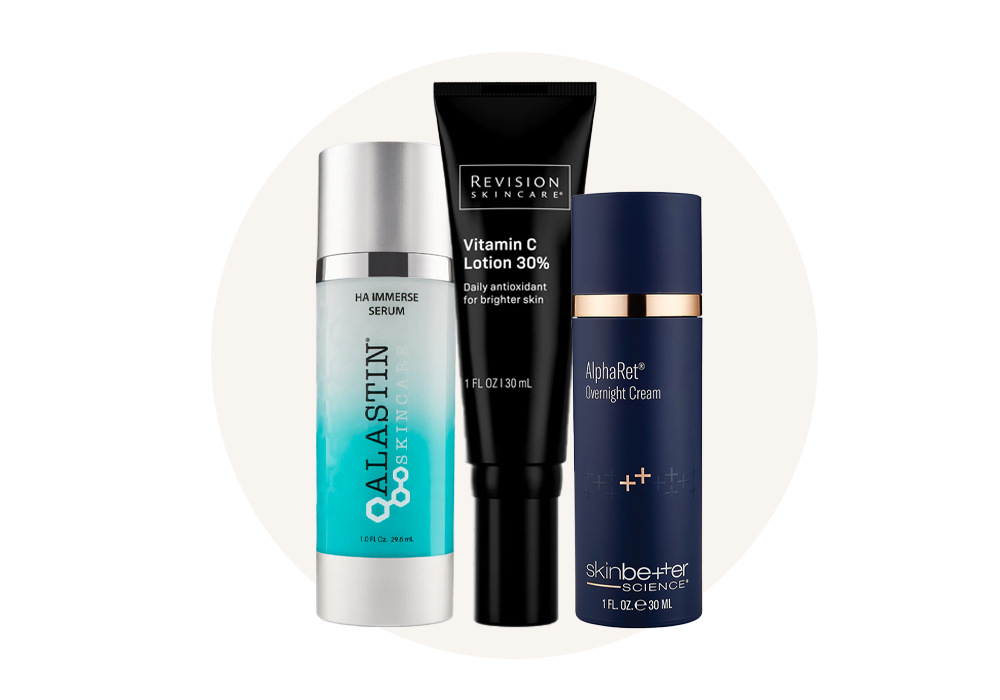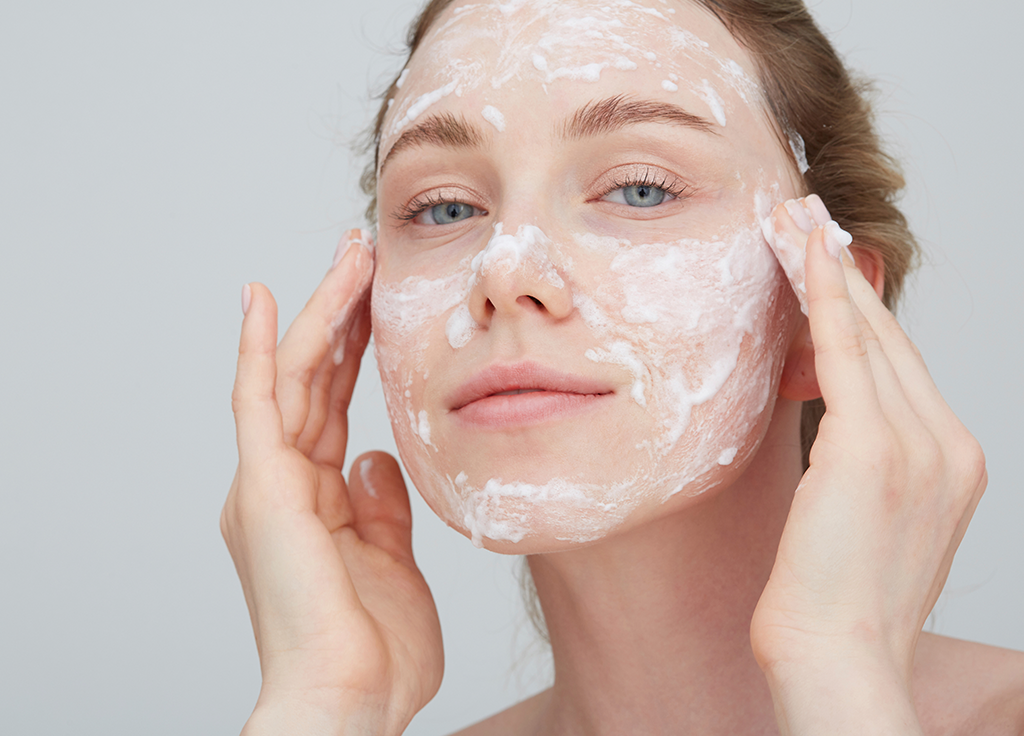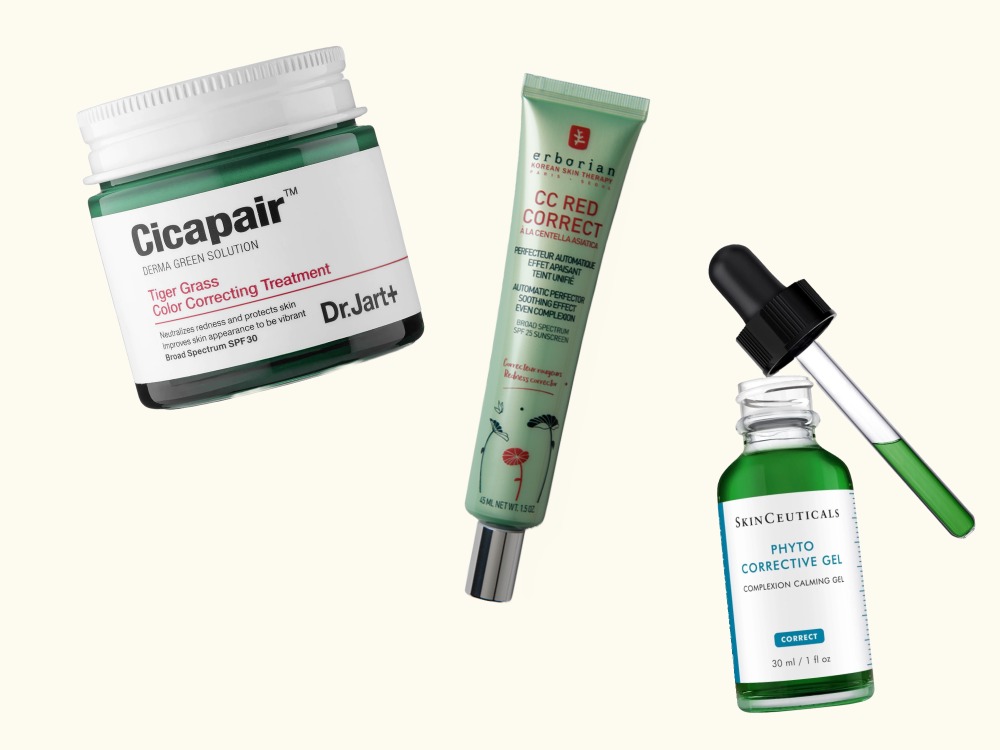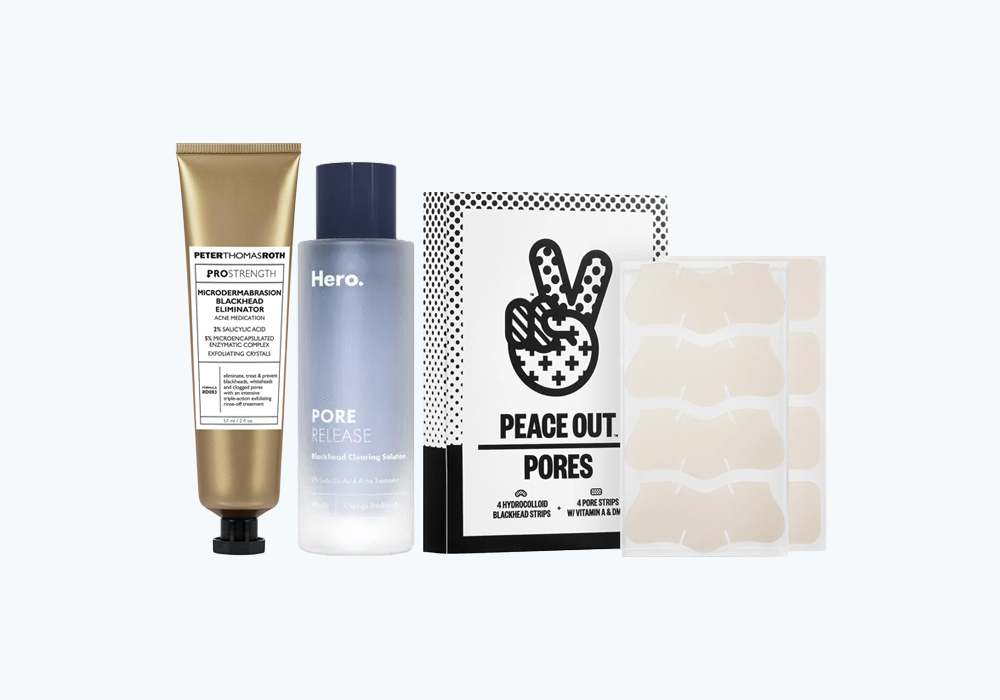There’s been some speculation on social media about the term “dermatologist-tested,” so we had to investigate. Some believe it’s a fake buzz phrase used to help market skin-care products and make them appear more clinical or serious. Others trust that it means the product was tested by dermatologists and approved to deliver on its claims. Here, we get to the bottom of the debate with insight from both dermatologists and skin-care brands.
What It Means When You See “Dermatologist-Tested” on a Skin-Care Product
“The term ‘dermatologist-tested’ implies that the product has been assessed or examined by one or more dermatologists, who are medical professionals specializing in skin health,” says New York dermatologist Michelle Henry, MD. “This assessment indicates that the dermatologist(s) have scrutinized the product’s ingredients and formulation, and may have also carried out clinical trials or patch tests to evaluate its safety and effectiveness when applied to the skin. The primary aim of this testing is to ensure that the product is less likely to cause adverse reactions or skin issues and is appropriate for various skin types.”
Bringing a dermatologist into the equation is an important step for many skin-care brands. “A dermatologist is more qualified for these evaluations, as they understand the structure and physiology of the skin,” says Danville, CA dermatologist Samantha Ellis, MD. “The term ‘dermatologist-tested’ is not about product performance or a subjective evaluation of the product. It’s rather about the safety of the product.”
Although terms like “hypoallergenic” and “dermatologist-tested” are not regulated by the FDA, Dr. Ellis says there are cosmetic industry safety testing standards to support those claims. “The purpose is to provide as much reassurance to consumers as we can. We want to avoid adverse reactions to a new product.”
How Many Dermatologists Are Involved in the Testing?
“The term does not specify whether it’s been tested by a single dermatologist or multiple dermatologists,” says Dr. Henry. “It could be either, and sometimes brands might involve several dermatologists to obtain a more comprehensive evaluation.”
What Type of Testing Do the Dermatologists Do?
“Commonly, the claim ‘dermatologist-tested’ is substantiated with an RIPT (Repeated Insult Patch Test),” says Bianca Gonzalez, a scientific affairs associate for Obagi. “This test is usually administered by a dermatologist that assesses the product’s potential to elicit irritation and sensitization. At Obagi, dermatologists can be involved in safety studies and/or efficacy studies. They can have many roles, such as principal investigator or expert grader to quantify improvements and assess tolerability. It can be one or multiple dermatologists depending on the type of study being conducted.”
Dr. Henry adds that dermatologists conduct product testing to assess various factors, including potential skin irritation, allergenicity, effectiveness in addressing specific skin concerns, and overall safety for general use.
Why Some People Think the Term “Dermatologist-Tested” Is Fake
Gonzalez has an idea of where the speculation on social media may be coming from. “Many skin-care brands use a dermatologist to credential their brand by using terms like ‘dermatologist approved’ and ‘dermatologist recommended.’ In these cases, the purpose of the claims may be to communicate that skin-care professionals approve the use of these products. It is important that an expert on skin disorders, such as a dermatologist, is involved at least in the safety testing of a product.”
Dr. Henry explains that while the label “dermatologist-tested” can serve as an important indicator of a product’s safety and effectiveness, it can also be used as a marketing strategy to build trust and credibility. “Some brands may misuse this label without conducting thorough testing. Therefore, consumers should exercise caution and seek additional information and certifications to verify a product’s claims. I serve on L’Oréal’s validation board, and we serve a substantive role from ideation to product testing.”
The Bottom Line
“Dermatologist-tested” can be a valuable indicator that a skin-care product has undergone some level of dermatological evaluation, says Dr. Henry. “It is important to read product reviews, research ingredients and consult with a dermatologist if you have particular skin concerns. Additionally, seek reputable third-party certifications and conduct a patch test before using a new product. This can help ensure its suitability for your skin.”
